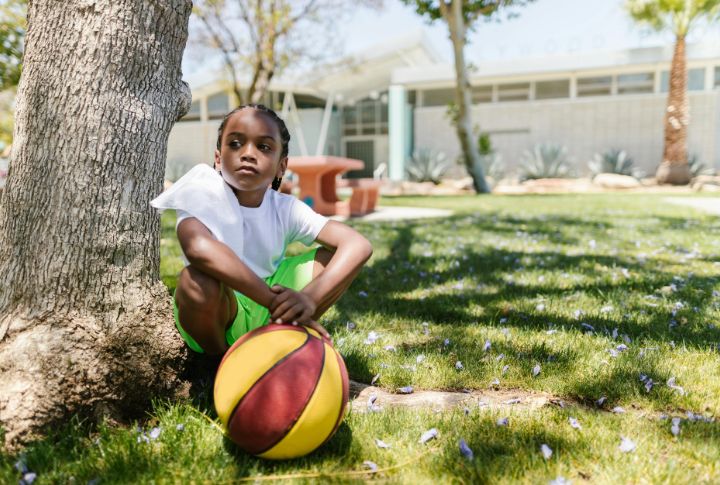
Childhood bedrooms often contain more than toys and storybooks as they quietly store the emotional lessons learned in silence. Long before adulthood, patterns take root in moments that are easily overlooked. This piece unpacks ten subtle yet powerful emotional struggles that begin early and continue to influence how people relate to others.
Learning To Walk On Emotional Eggshells

Unpredictable caregiver reactions turn vigilance into a habit. Many children learn early to stay alert and keep others calm while tiptoeing through conversations. Growing up in a tense emotional environment teaches the brain to stay alert for danger and makes experiencing peace in adulthood feel unfamiliar and strangely unsettling.
Chasing Perfectionism

Perfectionism often forms when children receive praise when they never make mistakes. As adults, they may rarely find true rest as they constantly keep pushing themselves toward perfection in an effort to escape the fear of rejection.
Carrying A Backpack Full Of Silent Panic

Imagine stuffing every unspoken fear and withheld tear into a bag that stays with you. Children in emotionally repressive homes often carry this invisible weight. Panic attacks often surface later. They’re usually set off by nothing obvious yet deeply rooted in memories that were carried quietly and never spoken aloud.
Trusting People Halfway And Then Pulling Back

How can someone trust fully when their earliest bonds felt unstable or unsafe? Childhood teaches self-protection when the connection feels unreliable. Adults raised this way give affection with caution but instinctively withdraw, and what may seem like emotional distance is often a protective response shaped by early instability.
Building Fences Instead Of Boundaries

Children build walls instead of filters when emotional stability is lacking and keep everything out rather than creating boundaries that allow in what feels safe. These barriers often remain into adulthood, softening only when self-protection loosens, and a deeper sense of trust begins to take root over time.
Wearing Smiles As Survival Strategies

Smiling to keep the peace becomes second nature when childhood rewards emotional self-control. What appears to be maturity is often misunderstood. Adults who smile through childhood chaos continue to hide discomfort behind polite expressions. This is not joy but a learned expression that keeps others calm.
Doubting The Safety Of Comfort And Affection

Soft moments, like bedtime stories or warm hugs, do not anchor deeply when they arrive inconsistently. Children uncertain of comfort often grow into adults who flinch at closeness because affection feels inconsistent and difficult to trust. Though love is still longed for, receiving it can feel uneasy or suspicious.
Using Achievement To Earn Worth

When approval in childhood depends on performance, achievement becomes a substitute for self-worth. Research shows that extrinsic rewards can suppress emotional development. As adults, these individuals often struggle with taking rest and fear that their value will disappear the moment they are not producing or excelling at something.
Rehearsing Conversations That Never Happen

Some children begin to rehearse every word they say, using anticipation of each reaction as a way to protect themselves from emotional landmines. They’re preparing for imagined backlash and overthinking even basic exchanges. These conversations may never happen, yet the mind continues to guard against being misunderstood or dismissed.
Feeling Like A Guest In Your Own Life

A child treated as a helper rather than a whole person may grow into someone who enters life cautiously. Apologies arise quickly, while desires seem optional, and joy feels like something that must be earned. This guest-like presence lingers, even though the right to belong has always quietly been yours.

